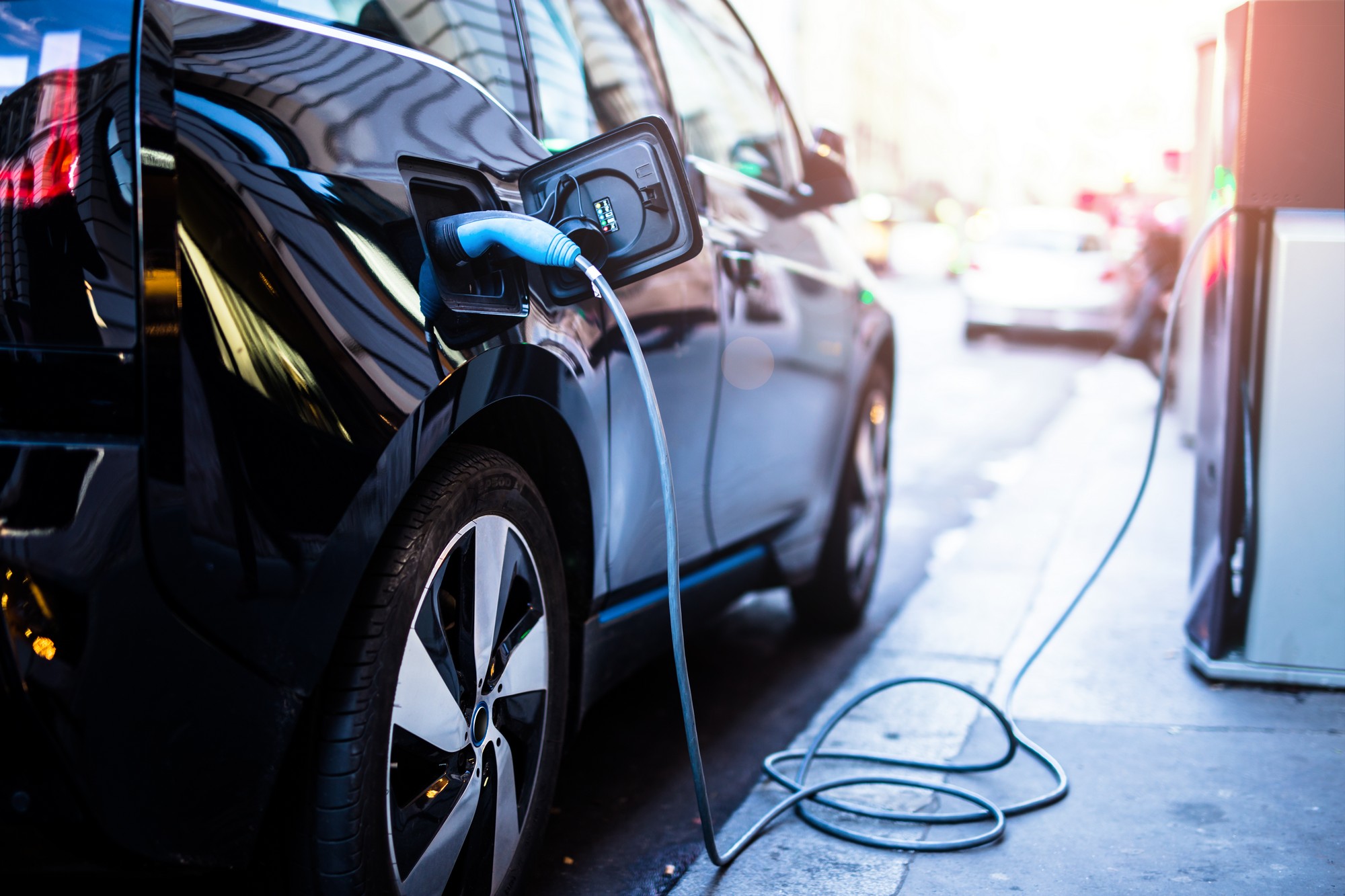The Clean Car Discount will be expanded to include a reimbursement for low-emission light cars from 1 April 2022. High-emission cars will be subject to a charge beginning from this year. All rebates and fees applicable to cars registered in New Zealand for the first time after 1 April 2022 will be calculated using a sliding scale of CO2 emissions.
The Clean Car Discount attempts to reduce carbon dioxide (CO2) emissions from New Zealand’s roadways by making zero- and low-emission cars more accessible. The discount is available on new and old cars when they are initially registered to drive on New Zealand roads, and is intended to promote the import of safer, cleaner automobiles.
The Climate Change Response (Zero Carbon) Amendment Act 2019 mandates a net-zero CO2 emissions target for 2050. As transport accounts for 47% of domestic CO2 emissions in New Zealand, this aim cannot be met without substantially decarbonizing transportation.
Light vehicles — cars, sport utility vehicles (SUVs), vans, Utes, and light trucks weighing less than 3.5 tonnes – account for two-thirds of our transportation emissions. As a result, low-emission light cars represent a sizable, feasible, and cost-effective potential for decarbonisation.
According to Waka Kotahi, the Clean Car Discount applies to all new and used light electric cars (EVs) and plug-in hybrid electric vehicles (PHEVs) imported and registered in New Zealand between July 1 and December 31, 2021. A light vehicle is defined as a car, SUV, Ute, van, or truck that does not exceed 3.5 tonnes in weight.
From July, purchasers of new electric vehicles (EVs) will be eligible for a discount of up to $8625 as part of a government push to increase the number of people driving cleaner cars, resurrecting a scheme from the previous term that was eventually rejected by NZ First.
As previously reported, the pricing indicates that a sizable part of the country’s best-selling pickup trucks and SUVs would inherit high levies, while cars that are smaller or have electrified powertrains will receive lower rates and, in some cases, refunds.
The Ford Ranger, New Zealand’s most popular new car, is poised to face levies of up to $4657.50. Toyota Hilux, Mitsubishi Triton, and Nissan Navara (the country’s second, third, and fourth most popular Utes, respectively) all have comparable registration fees.
No fees apply to the Toyota RAV4, New Zealand’s most popular new SUV in 2021. Pure petrol models remain unaltered, while hybrid models are eligible for a reimbursement of up to $2387.24.
The Mazda CX-5, one of the RAV4’s primary rivals, is not eligible for incentives. The 2.0-litre normally aspirated petrol, 2.5-litre turbodiesel, and 2.2-litre turbodiesel vehicles of the nameplate are unaffected, whereas the 2.5-litre turbodiesel models (the SP25T and Takami) incur a $1552.50 tax.
Here’s how to get a rebate
If you get a reimbursement under the Clean Car Discount programme, the rebate is tax-free. If one of the following applies, the rebate will be as follows:
- revenue that is not subject to the regulations governing government grants (if you are claiming depreciation deductions on the motor vehicle)
- a capital gain
Read more here: https://www.nzta.govt.nz/vehicles/clean-car-programme/clean-car-discount/overview/

